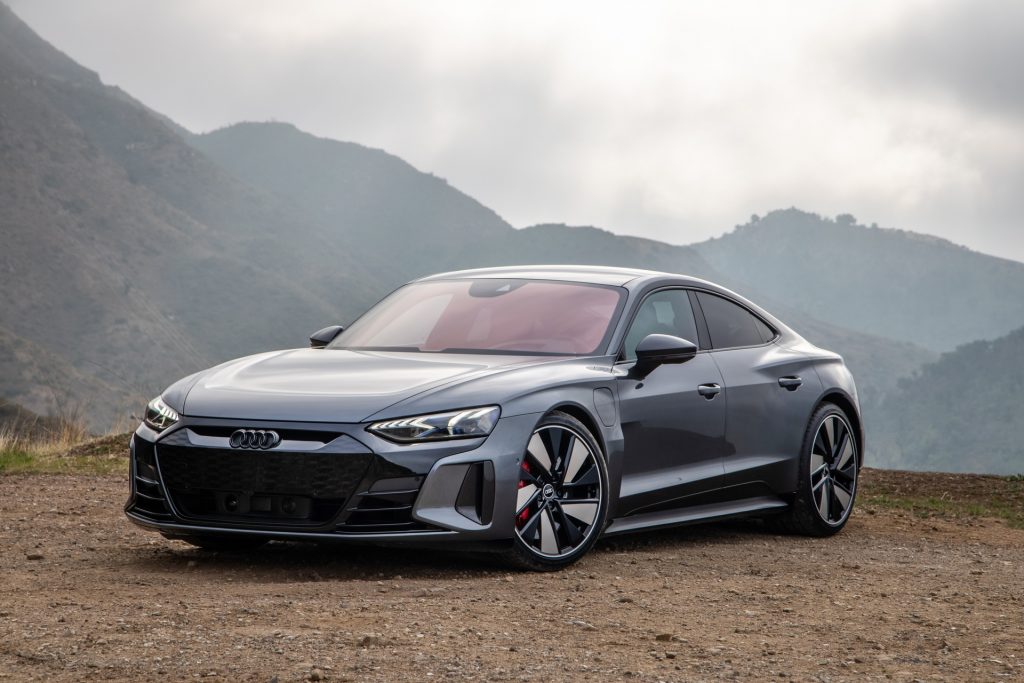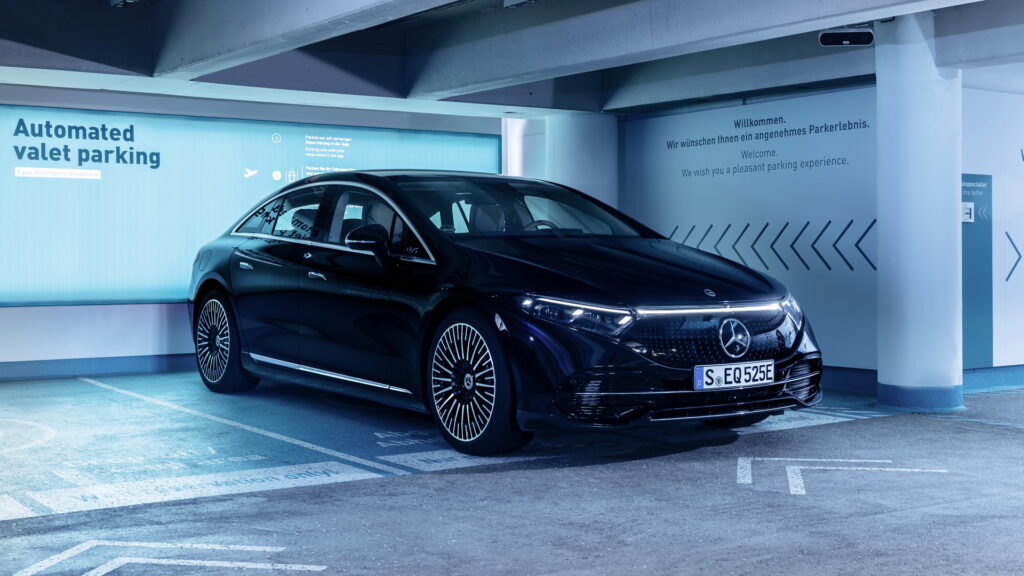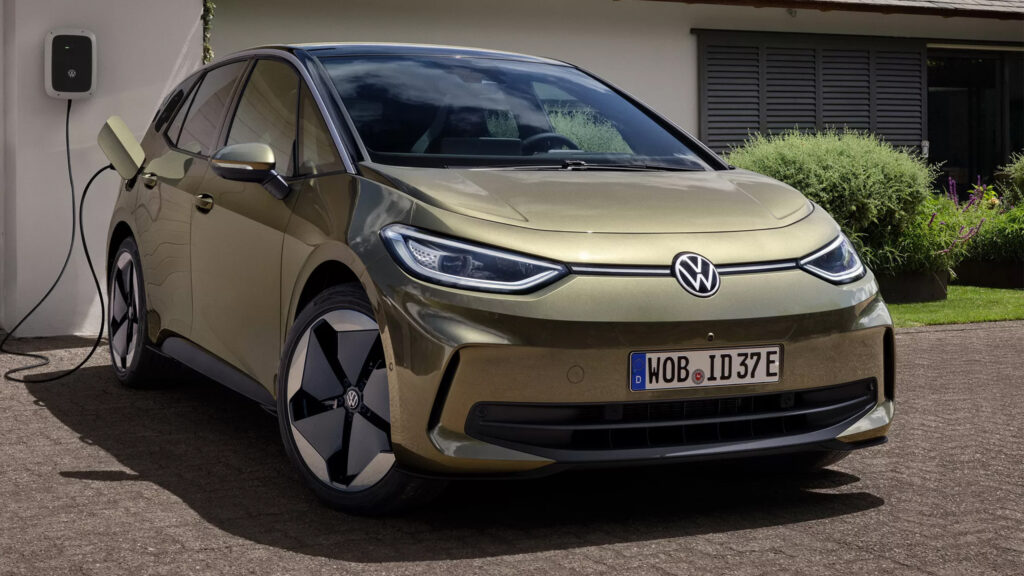Volkswagen, Audi, Mercedes-Benz, and BMW are stepping in to fill the void left behind by the German government’s decision to ditch a state-funded scheme for EVs.
For the past seven years, the German government has been providing subsidies to buyers of new EVs of up to €6,750 (~$7,400), funded in part by the state and the carmaker itself depending on the value of the vehicle sold. However, the economy ministry halted the scheme on December 18 as part of its 2024 budget, after a ruling from the constitutional court on unused pandemic emergency funds “blew a €60 million ($65.7 billion) hole” in its budget.
Read: Germany Drops EV Subsidies, Tesla Willing To Cover Difference By December 31
However, Volkswagen announced on Tuesday that it will fully fund the €6,750 subsidy for private customers across the country who had ordered an eligible EV before December 15. Customers who order an eligible ID. model between January 1 and March 31 will receive €4,500 (~$4,900).

Those who have ordered a new Audi are also in luck with the manufacturer confirming that customers will receive the full subsidy if they place an order before December 16 and take delivery by the end of the year. Stellantis quickly followed suit, announcing that it too will fund the full subsidy until December 31 and provide a reduced subsidy to vehicles registered by February 29.
Reuters notes that Mercedes-Benz will also pass on the €6,750 subsidy to those with orders that are delivered between December 18 and December 31. From January, it will provide a portion of the subsidy to customers.
The Allgemener Deutscher Automobil-Club (ADAC), Europe’s largest automobile association, asserts that EVs remain too expensive in Germany to end the subsidy. Opposition conservatives have also criticized the decision to scrap the scheme, noting that it will negatively impact local car manufacturers who are facing increased competition from U.S. and Chinese brands.




